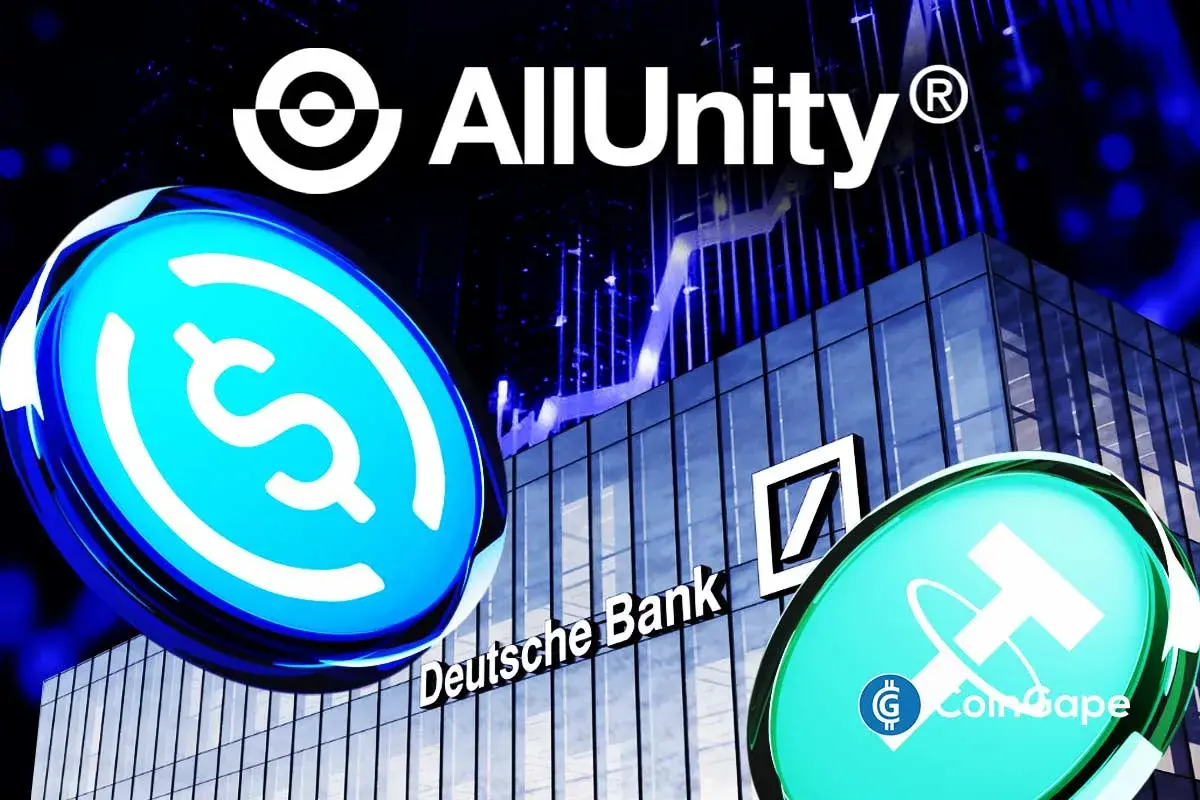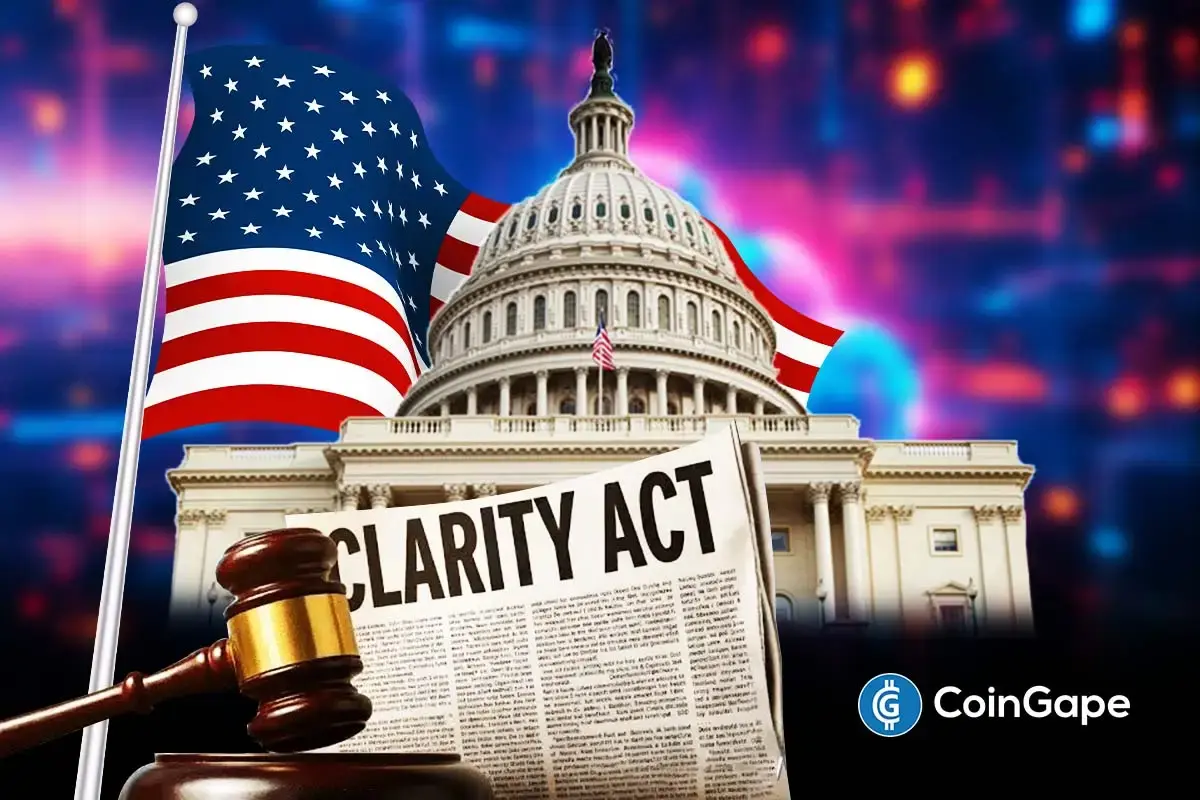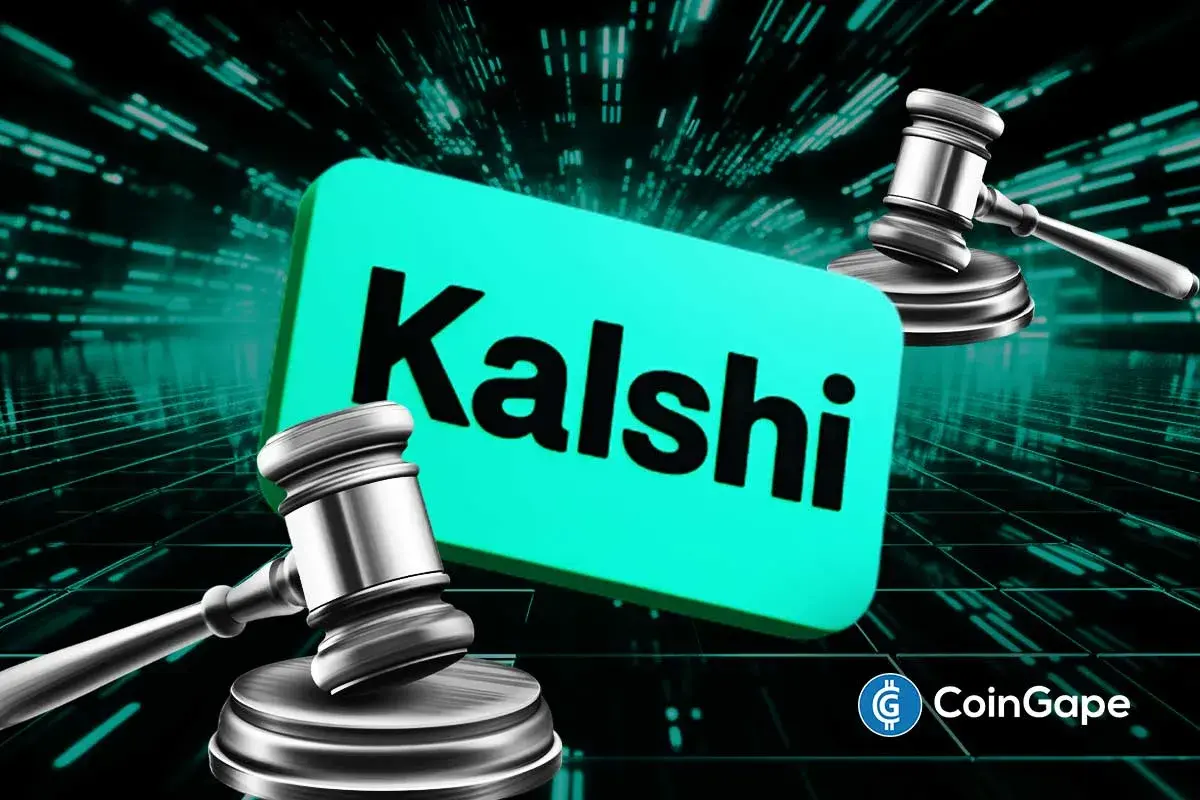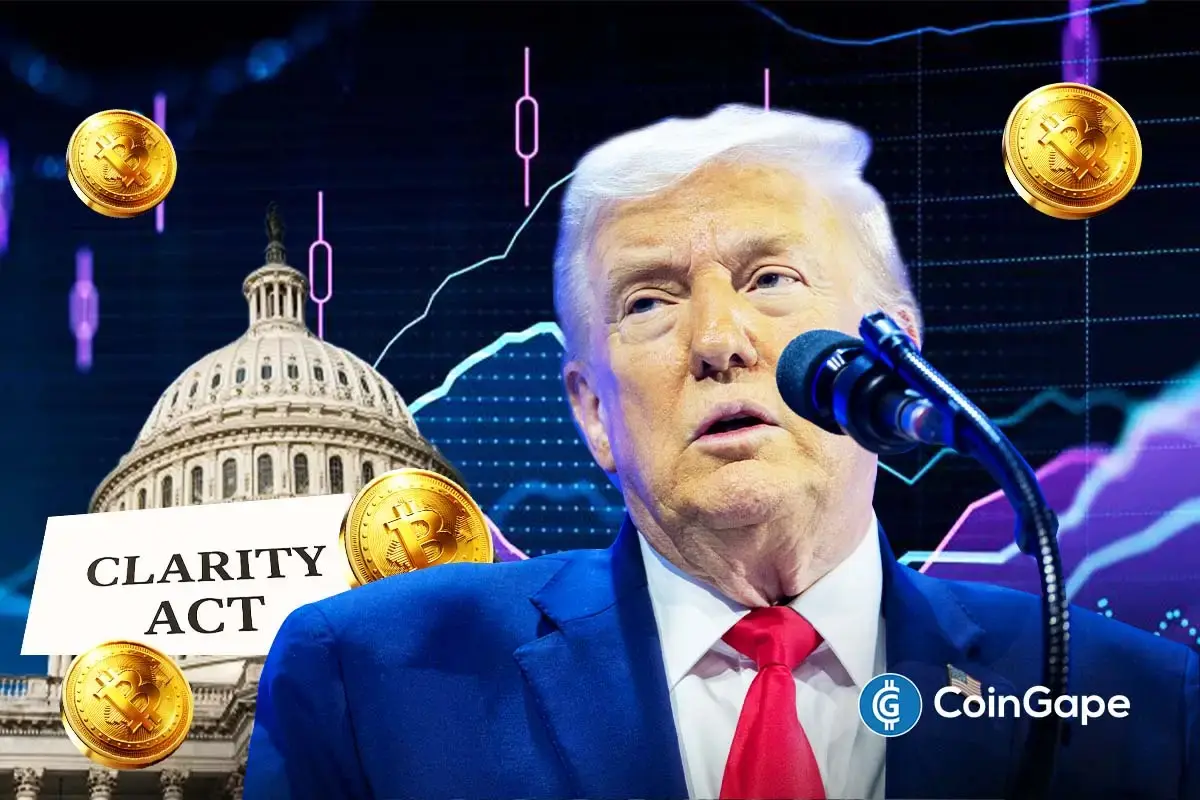US Senate Welcomes Bill to Crackdown on Decentralized Finance

The United States Senate has recently welcomed a bill that seeks to tighten regulations on Decentralized Finance (DeFi).
Regulatory Scrutiny and the Need for AML Compliance
As the popularity of DeFi continues to rise, regulatory bodies worldwide are turning their attention to the sector. Concerns surrounding potential money laundering activities and illicit financial flows have prompted calls for increased oversight and Anti Money Laundering (AML) compliance within DeFi.
According to reports, the proposed bill titled Crypto-Asset National Security Enhancement Act of 2023, seeks to enforce bank-like controls on DeFi protocols. The bill seeks to close off avenues that could facilitate money laundering, sanctions evasion, and other illicit activities associated with cryptocurrencies.
By addressing potential vulnerabilities in the crypto space, lawmakers aim to protect against illicit activities that could pose risks to the financial system and national security interests. Enhancing oversight and control over DeFi protocols can contribute to a more secure and resilient financial ecosystem.
The bill which was introduced by Sen. Jack Reed (D-R.I.), has garnered bipartisan support, with co-sponsorship from Senators Mike Rounds (R-S.D.), Mitt Romney (R-UT), and Mark Warner (D-VA).
This bill’s bipartisan support is a positive development in the cryptocurrency regulatory landscape. Bipartisan support can help to encourage fruitful talks and raise the likelihood of enacting balanced and effective rules.
The Bill Targets Specific Decentralized Finance Group
The bill’s provisions likely target groups that develop frontend interfaces for Decentralized Finance protocols, simplifying user interaction with complex smart contracts. One notable example is Uniswap Labs, which provides a user-friendly interface for Ethereum’s leading decentralized exchanges.
To overcome the difficulty of regulating protocols with no centralized control, the bill proposes that anyone who controls a DeFi protocol or provides applications for its use will be subject to the imposed requirements.
Additionally, in cases where no single entity controls the protocol, individuals or entities investing more than $25 million in developing the protocol will assume responsibility for meeting regulatory obligations.
The bill’s briefing document suggests that the intention is to establish a backstop mechanism, ensuring that regulatory requirements are met by someone involved in the development or operation of the DeFi protocol. This approach acknowledges the challenge of directly regulating decentralized protocols while aiming to maintain accountability within the ecosystem.
Play 10,000+ Casino Games at BC Game with Ease
- Instant Deposits And Withdrawals
- Crypto Casino And Sports Betting
- Exclusive Bonuses And Rewards

- U.S House Introduces Bipartisan Crypto Bill To Protect Crypto Developers Amid DeFi Push Under CLARITY Act
- XRP News: Ripple Unveils Funding Hub To Support Innovation On XRPL
- ZachXBT Names Axiom Exchange in Alleged Employee Crypto Insider Trading Investigation
- Bitcoin Falls as U.S. Jobless Claims Signal Labor Market Rebound
- Bitcoin News: CitiBank to Launch BTC Services in 2026
- Top 2 Price Predictions Ethereum and Solana Ahead of March 1 Clarity Act Stablecoin Deadline
- Pi Network Price Prediction Ahead of Protocol Upgrades Deadline on March 1
- XRP Price Outlook As Jane Street Lawsuit Sparks Shift in Morning Sell-Off Trend
- Dogecoin, Cardano, and Chainlink Price Prediction As Crypto Market Rebounds
- Will Solana Price Rally to $100 If Bitcoin Reclaims $72K?
- XRP Price Eye $2 Rebound as On-Chain Data Signals Massive Whale Accumulation

 Buy $GGs
Buy $GGs

















